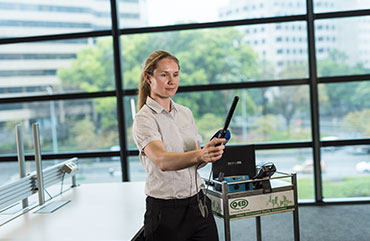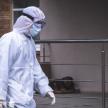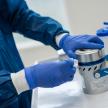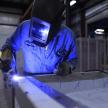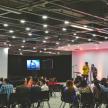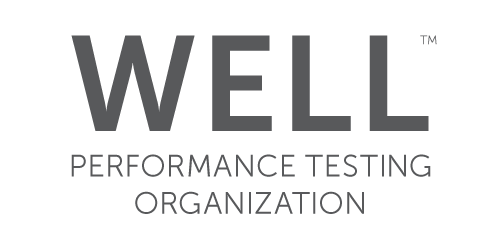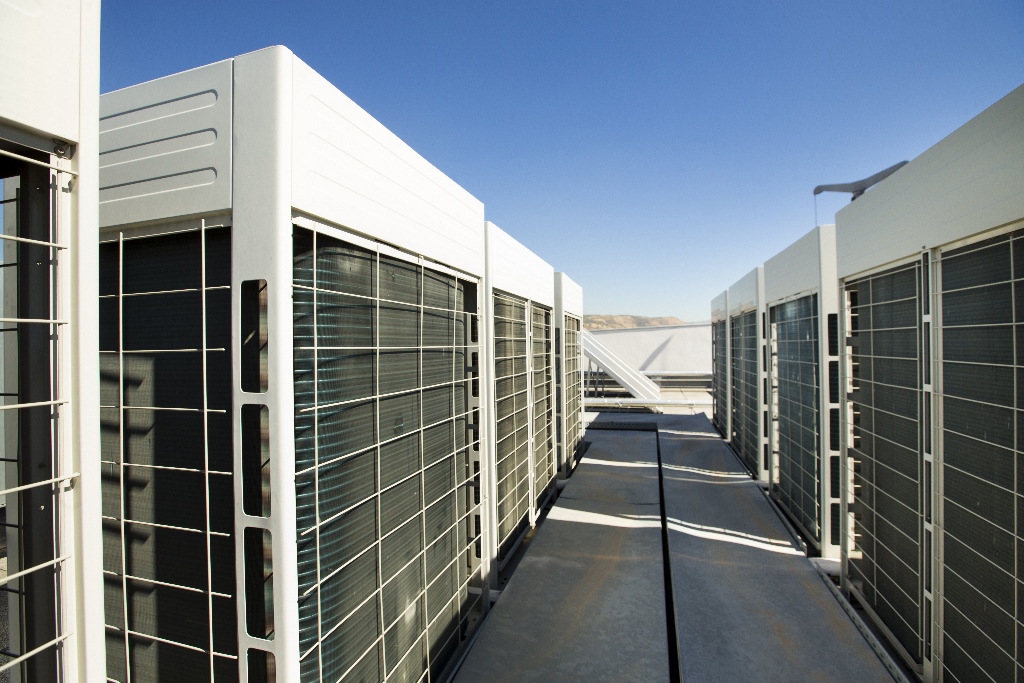
25th
NSW Legionella Taskforce: Changes to regulations in 2018
NSW Health recently announced changes to the Public Health Regulation from 1st January 2018, with further changes to follow in early 2018.
After two outbreaks of Legionnaires Disease in March and May of 2016 an expert panel convened by the Chief Health Officer and subsequent discussion paper led to the formation of the Legionella Taskforce in February 2017.
Recommendations passed down from the taskforce reflected the Victorian regulatory regime and led to the development of ‘Six Safeguards’ which form the basis of changes to NSW public health regulations concerning cooling towers:
- Risk Management Plans (RMPs) developed every five years (or once every year for high risk systems)
- Independent auditing conducted every year
- Certificate of RMP completion & audit completion lodged with local council
- Laboratory testing for Legionella and heterotrophic colony count every month
- Notification of elevated laboratory tests to local council
- Unique identification number to be displayed on every cooling tower
As the incidence on legionella is significantly higher in the summer months it was decided that mandatory monthly testing of cooling towers should commence in January 2018 (many properties would already be conducting monthly testing).
The remaining requirements will be staged throughout the rest of the year to allow time for local councils and industry to prepare.
As part of the monthly cooling tower testing the occupier of the premises as defined by NSW Health (more details on these definitions can be found here) must notify the local council of elevated Legionella count (≥1000 cfu/mL) or HCC (≥5,000,000 cfu/mL).
Risk management plans are to be reviewed every 5 years however for higher risk systems the requirement will be a review on an annual basis. The definition of high risk system is yet to be announced though we believe it will be all buildings in higher density business districts for example Sydney, North Sydney and Parramatta.
Guidelines for developing risk management plans will be provided by NSW Health in early 2018, though we expect requirements to be similar to other States where QED has experience developing such plans for its customers. QED cooling tower risk management includes access to our customised online service.
If you would like more information on how these regulatory changes impact management of your cooling towers we welcome you to contact us.
Categories
Recent Posts
Changes to the workplace exposure standard for welding fumes
15th Mar
On January 18, 2024, SafeWork Australia made a significant adjustment to the Workplace Exposure Standard (WES) for Welding Fume (not otherwi...
Pseudomonas aeruginosa and the Water Quality Management Plan - it's not just about Legionella.
23rd Feb
Pseudomonas aeruginosa could be responsible for a high burden of disease, and should always be included in a risk management plan....
Navigating the New Norm: Prioritising Indoor Air Quality for Events and Venues
06th Feb
Throughout 2023 there was a surge in venue managers looking to help clients feel at ease in regards to indoor air quality....



